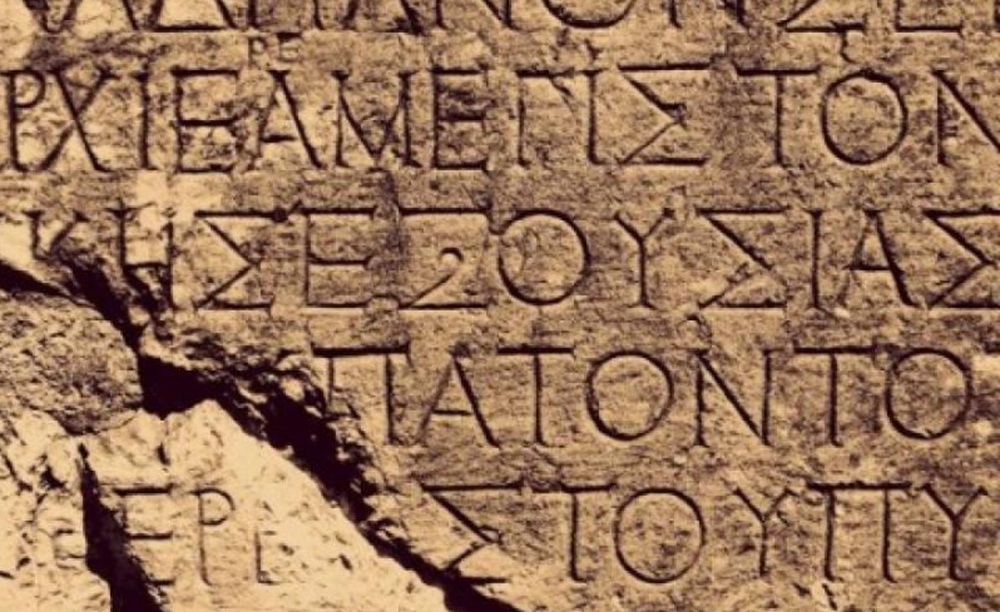
During the 43rd General Conference of UNESCO in Samarkand, Minister of Culture Lina Mendoni and delivered a speech at the event organized by the Permanent Greek Delegation to the Organization on the occasion of the proclamation of World Greek Language Day, in the presence of ministers and dozens of ambassadors and permanent representatives.
February 9, the day of the death of national poet Dionysios Solomos (1857), was declared World Greek Language Day.
Lina Mendoni took the floor after the messages from Prime Minister Kyriakos Mitsotakis and President of Cyprus Nicos Christodoulides were shown, beginning by saying that “the Greek language has universal appeal. It has been spoken and written continuously for almost four millennia, making it the oldest Indo-European language with written records. Over the centuries, Greek has inevitably evolved into modern Greek, which is constantly and fruitfully nourished by its older forms. Of course, we do not speak the language of Homer or Sophocles. However, the Attic dialect, which evolved into the Hellenistic language, the lingua franca of its time, forms the basis of Modern Greek. The universal dynamism of Greek is, after all, a tangible historical reality.”
Όλες οι γλώσσες αποτελούν αποθετήριο του υλικού και του άυλου πολιτισμού των λαών. Η ελληνική, με τη μακραίωνη ιστορία της και την αδιαμφισβήτητη επίδρασή της στη γένεση και την εξάπλωση του δυτικού πολιτισμού, αποτέλεσε και αποτελεί κατ’ εξοχήν όχημα επαφής και διάδρασης των πολιτισμών της ανθρωπότητας.
“The influence of the Greek language,” said the Minister of Culture, “lies in its establishment as the ideal vehicle for the expression and embodiment of the products of human intellect. In science, literature, and technical achievements, the Greek language has a dominant position, as it has not only lent terms and words, but has also served as a basis for the optimal organization and systematization of ideas, hypotheses, and theories, as well as a tool for their verification and practical application.”
Lina Mendoni then gave a concrete example of the richness and dynamism of the Greek language, its indisputable contribution to global scientific terminology and how it permeates basic concepts of science and technology, she concluded her speech by following the example of Xenophon Zolotas in 1959. Speaking in English and using only Greek words, she demonstrated the global influence of the Greek language, which continues to enrich scientific discourse in the modern languages of the Western world, , thrilling the large audience. Concluding her speech in Greek, she said:
“We Greeks today are proud of the language ‘that was given to us as Greek’, as the Nobel Prize-winning poet Odysseas Elytis wrote. We are proud because the Greek language does not belong exclusively to us as our mother tongue. We are the guardians of its universal appeal.”

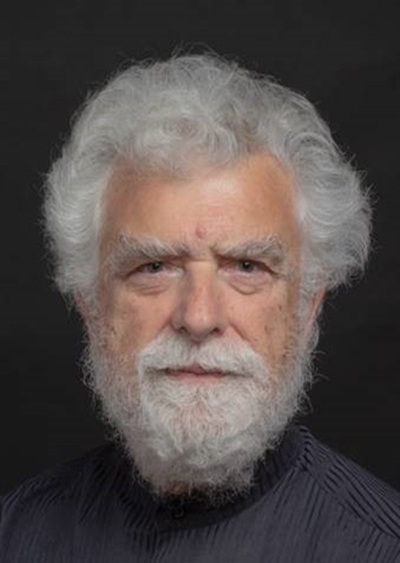
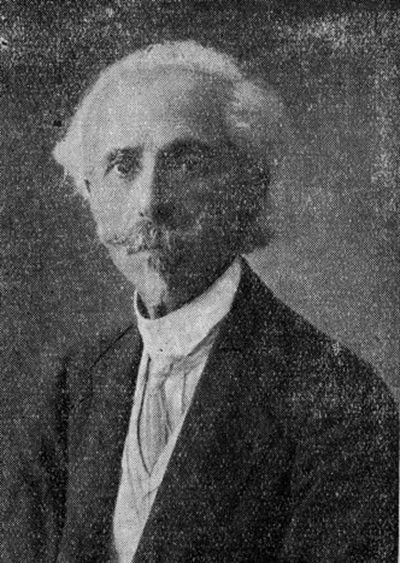
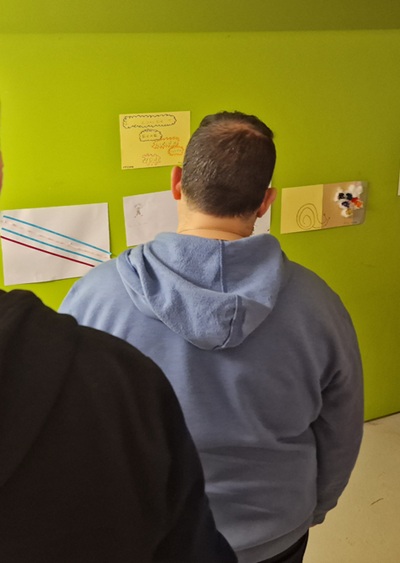
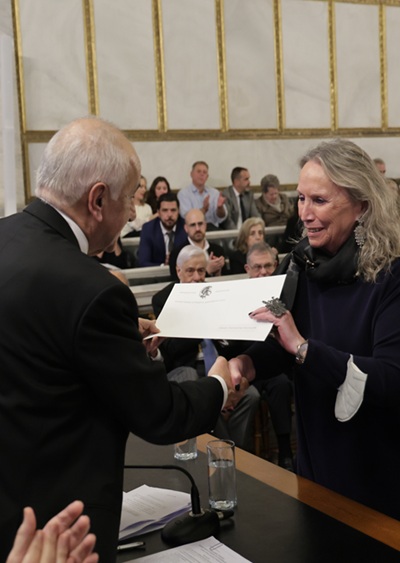


Leave A Comment